From the Horse's Mouth . . .
jon_in_wessex
16 years ago
Related Stories

SHOP HOUZZShop Houzz: Mouth Off
Pucker up with these fun and fabulous lip-loving picks from the Houzz Shop
Full Story0

COLORNature’s Color Wisdom: Lessons on White From the Great Outdoors
Blizzard fierce or butter soft, white can highlight shapes, unify a room and perform miracles on the cheap
Full Story
MOST POPULARFrom the Pros: How to Paint Kitchen Cabinets
Want a major new look for your kitchen or bathroom cabinets on a DIY budget? Don't pick up a paintbrush until you read this
Full Story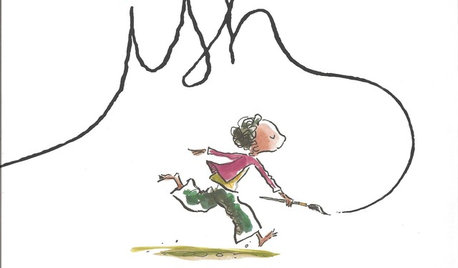
BOOKS8 Profound Design Books — From the Children's Section
Sometimes genius comes from empty boxes, blue horses and the powerful freedom of 'ish'
Full Story
KIDS’ SPACESGuest Picks: A Herd of Unusual Rocking Horses
Tilting traditional rocking horse design on its head, these pieces will sway kids and grown-ups alike
Full Story
KITCHEN DESIGNKitchen of the Week: Casual Equestrian Feel on a Horse Farm
Red cabinetry, salvaged barn decor and a window for feeding treats to horses combine in a lively, comfortable family kitchen
Full Story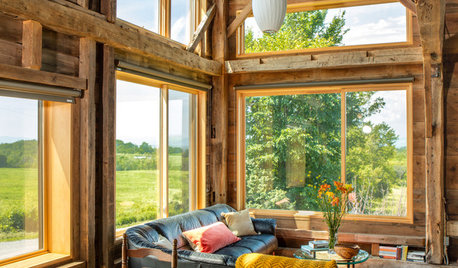
GUESTHOUSESHouzz Tour: This Guesthouse’s Former Residents Were Horses
A new insulated exterior for a Vermont carriage barn preserves its rustic interior
Full Story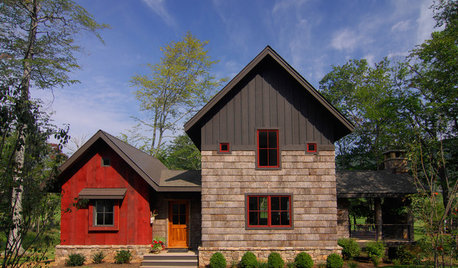
HOUZZ TOURSHouzz Tour: A Horse-Country Home Blends Rustic and Modern
Nestled in a pastoral setting that welcomes part-timers, this home embraces nature, versatility and history
Full Story
HOUZZ TOURSMy Houzz: A Horse Lover's Stylish Portland Retreat
With a wine room, a yoga studio and plenty of supercomfy spots, this Oregon home puts the good life through its paces
Full Story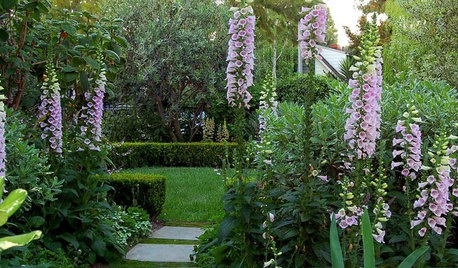
PETSGarden Alert: 22 Plants to Keep Away From Pets
Avoid potential danger by keeping dogs and cats away from these landscaping and houseplant favorites
Full Story






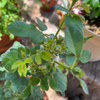
buford
iowa_jade
Related Professionals
Carlisle Landscape Architects & Landscape Designers · Edmond Landscape Architects & Landscape Designers · Brentwood Landscape Architects & Landscape Designers · Paradise Landscape Architects & Landscape Designers · Barrington Landscape Contractors · Dunwoody Landscape Contractors · Fairfield Landscape Contractors · Fairview Landscape Contractors · Fort Atkinson Landscape Contractors · Long Branch Landscape Contractors · Milton Landscape Contractors · North Lauderdale Landscape Contractors · West Chester Landscape Contractors · West Chicago Landscape Contractors · Maple Heights Landscape Contractorsberndoodle
Maryl (Okla. Zone 7a)
anntn6b
canadian_rose
mendocino_rose
michaelg
jon_in_wessexOriginal Author
michaelg
neroseman
seattlesuze
riku
jon_in_wessexOriginal Author
riku
carolfm
ceterum
michaelg
iowa_jade
jon_in_wessexOriginal Author
jim_w_ny
ingrid_vc so. CA zone 9
sherryocala
jon_in_wessexOriginal Author
buford
michaelg
jim_w_ny
ingrid_vc so. CA zone 9
riku
ceterum
ingrid_vc so. CA zone 9
iowa_jade
mikgreen_tiscali_co_uk
saltzmanforest
Evenie
kittymoonbeam
Aya_Shagoury
User
prickles
idixierose